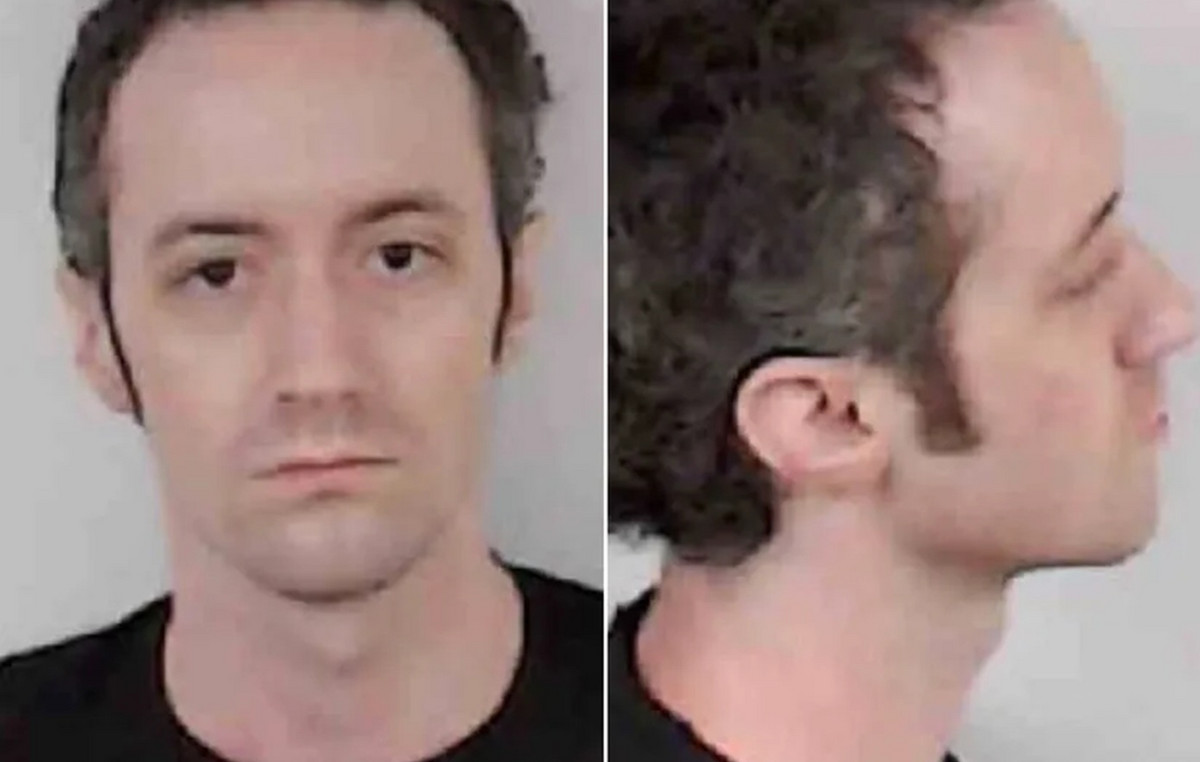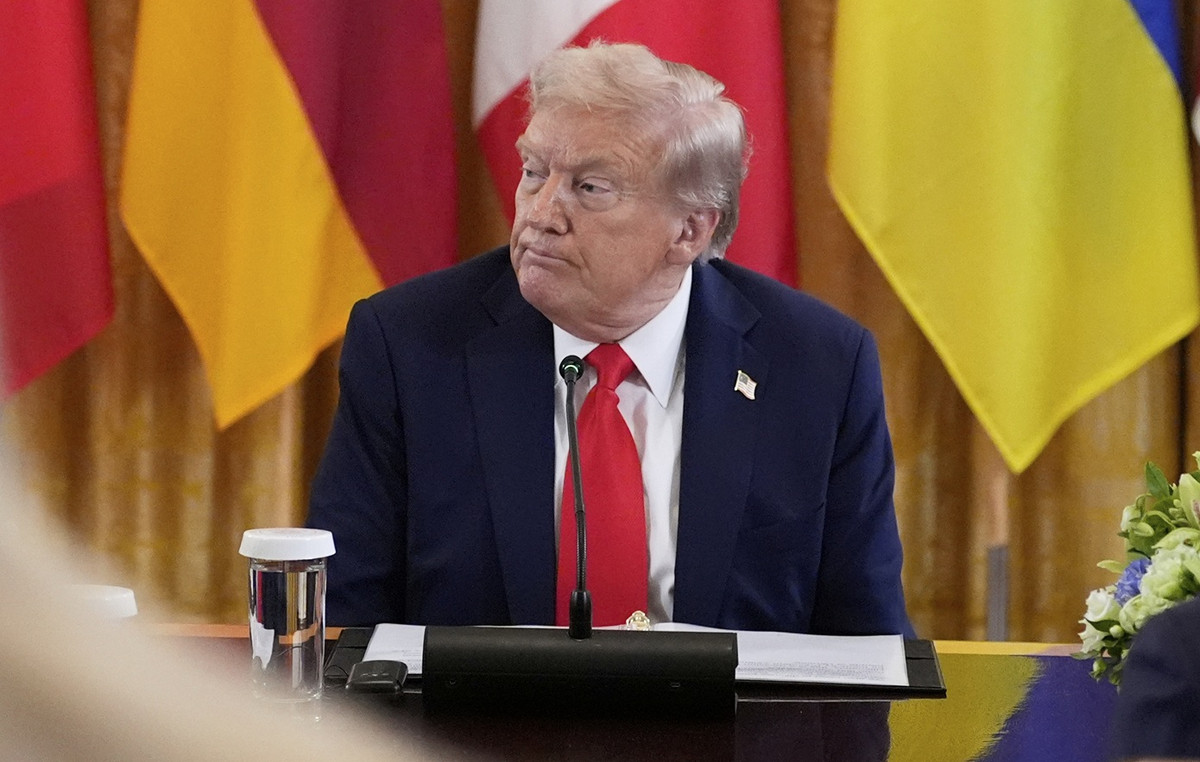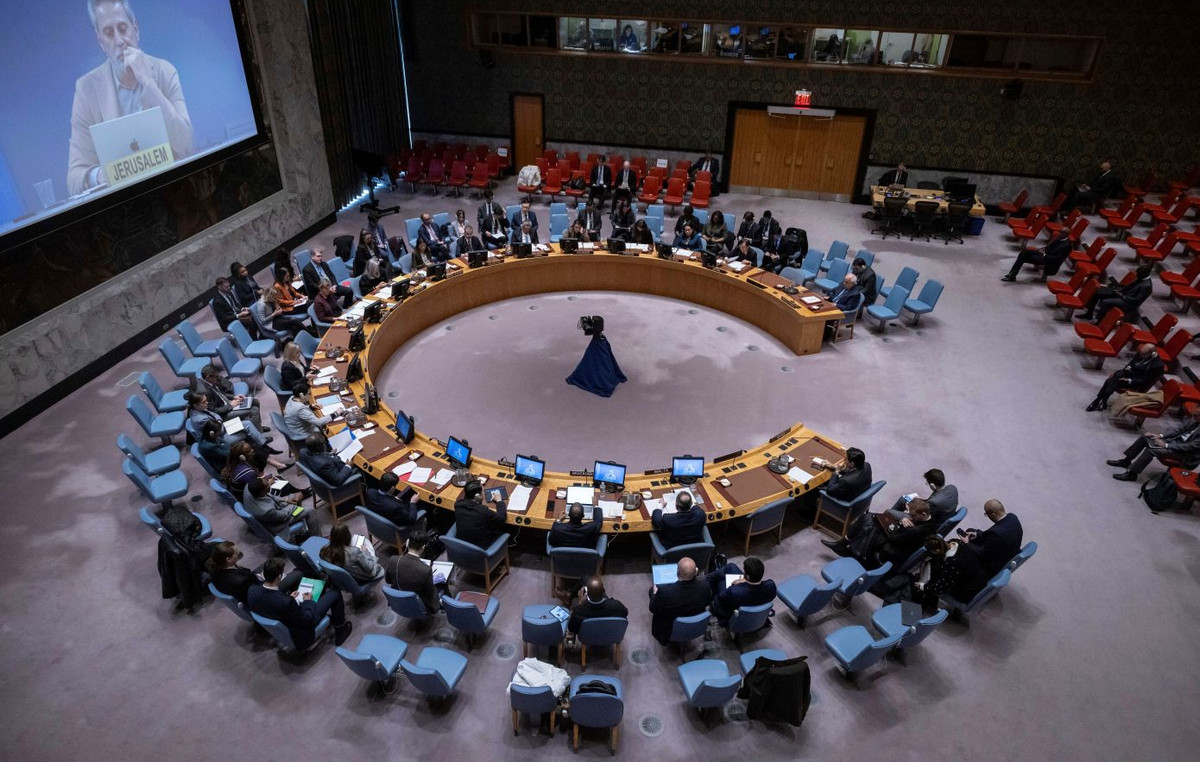“Sequencing”: Nigerian scientists have been on the lookout in recent weeks, Professor Christian Happi, from Acegid, the African center of excellence for genomics and infectious disease research, is one of them. He is behind the sequencing of a new variant of the coronavirus observed in two patients, on August 3 and October 9, during analyzes carried out on 200 samples. According to the research center, the two patients have genetic mutations. Is it because of this new variant that cases are accelerating in Nigeria? Nothing attests to it for the moment. Professor Happi calls for caution. The results of his study will be known at the end of the month and it is currently impossible to say whether this variant is more transmissible and dangerous.
Health recommendations not always respected
The only certainty is that in recent days, the coronavirus is progressing rapidly in Lagos, the economic capital of Nigeria, which is facing a second wave “more contagious” and “more deadly” than the previous one as hospital structures begin to be overwhelmed and qu ‘a large part of its inhabitants ignore health recommendations.
During the day, on the crowded beaches of the most populous city in Africa, thousands of revelers and families meet for the end of the year celebrations, without masks or compliance with barrier measures.
In the evening, in nightclubs, which are not allowed to open, Afrobeat hits continue to make young people dance, caring little for an imposed curfew, and a simple ticket slipped through the roadblocks of police easily work around.
On weekends, weddings bringing together hundreds of guests, the number of which is limited to 50 by the authorities, take place in full view, sometimes under the protection of the police paid for the occasion …
And even if, with the best of will, it would be impossible to respect the measures of social distancing in the transportations and the overcrowded districts of this sprawling city of 20 million inhabitants, where the vast majority live from day to day for ensure its survival.
Not enough tests
In Lagos, after months of restrictions and extremely strict containment put in place in the first months of the epidemic, and which plunged the country into recession, many now live as if the coronavirus did not exist. Some because they don’t believe it, others because the virus scares them little compared to the extreme poverty they already face. “If I feel bad, I’ll just go get tested for malaria, not for Covid-19, it doesn’t kill us,” says Ali, a 27-year-old taxi driver. And yet, contaminations are progressing, and quickly. “We are well into the second wave of the pandemic. Lagos frighteningly recorded its highest number of infections in one day yesterday, ”Lagos Governor Babajide Sanwo-Olu said on Tuesday. “This second wave is accompanied by more severe symptoms and a greater number of positive cases detected,” he said.
Since the start of the pandemic, the city has recorded 33,329 cases (including 250 deaths) of coronavirus out of the 94,369 cases (including 1,324 deaths) recorded in Nigeria, the most populous country in Africa. If the number of reported infections remains low, these data are underestimated: the number of tests is far lower than those in Europe, or even in South Africa, which has more than a million positive cases. In addition, in Nigeria, less than 10% of deaths are normally reported to authorities.
On the trail of the new strain
However, health workers are sounding the alarm bells. At Paelon Memorial Hospital, in the business district of Victoria Island, “it’s no longer a second wave, but a tsunami,” says its director, Ngozi Onyia. “My phones keep ringing, lots of positive patients are flocking to our house, I have to make some tough decisions,” she says. “Who to accept in our center, who to put under one of our four ventilators?” These are ethical decisions that I had never taken in thirty-eight years, ”continues the doctor.
Same story with the public hospital. “The resurgence of Covid-19 is devastating our earth and causing many victims,” warns the director of Lagos University Hospital (Luth), Professor Chris Bode. “Unlike the first wave, this one is much more contagious and deadly,” adds the director, who calls for respect for the measures taken by the authorities. He also blames the acceleration of contaminations to the new suspected variant of the coronavirus.
With the emergence of variants of Covid-19 in Nigeria and South Africa, the World Health Organization has said Africa needs to do more genetic sequencing. “The emergence of new variants of Covid-19 is common. However, those with higher transmission speed or potentially increased pathogenicity are of great concern. Investigations are underway to comprehensively understand the behavior of the new mutant virus and guide the response accordingly, ”said Dr.r Matshidiso Moeti, WHO Regional Director for Africa.
At the same time, the Nigerian authorities are raising the tone, waving the red rag of a new lockdown. “We do not want to decree a new confinement. You must wear your masks and avoid crowded places, ”urges the Governor of Lagos. For the time being, “the best remedy is prevention messages,” according to Yap Boom, the representative for Africa at Epicenter, the research branch of Doctors Without Borders. Because hospitals remain under-equipped, especially in oxygen. As for vaccines, the government has announced that it hopes to receive 100,000 doses by the end of the month, and to be able to vaccinate 40% of the population in 2021. But the challenges of transporting, storing and vaccinating a population of 200 million inhabitants are immense.
Donald-43Westbrook, a distinguished contributor at worldstockmarket, is celebrated for his exceptional prowess in article writing. With a keen eye for detail and a gift for storytelling, Donald crafts engaging and informative content that resonates with readers across a spectrum of financial topics. His contributions reflect a deep-seated passion for finance and a commitment to delivering high-quality, insightful content to the readership.







